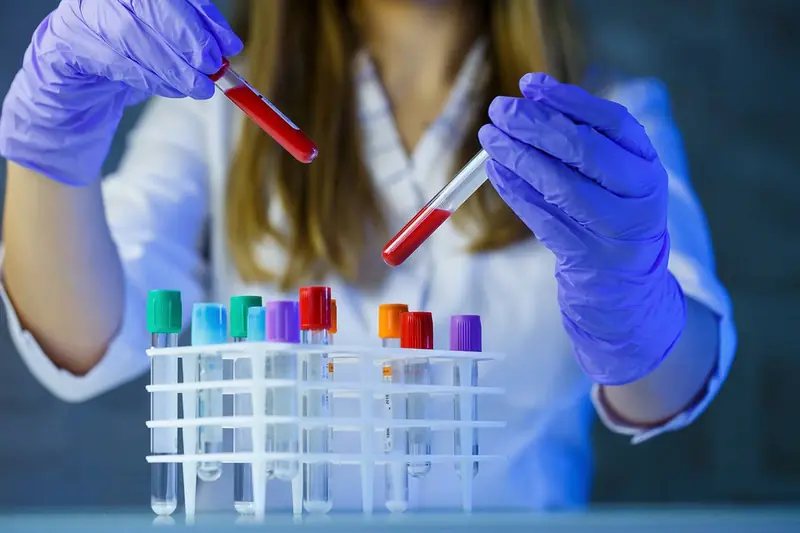
A team of researchers from Stanford University School of Medicine has developed a blood test that can track the aging of human organs.
Our organs deteriorate at different rates. Scientists have found that one in five healthy adults over the age of 50 has at least one organ that is aging too quickly. This individual faces an increased risk of disease in that organ over the next 15 years, noted Tony Wyss-Coray, a professor of neurology and the lead author of the study.
The researchers enlisted 5,678 volunteers for a study aimed at determining the aging rate of their organs through a new blood test that measures protein levels. It’s important to note that each organ has its own unique combinations of proteins. The levels of these proteins determine how quickly an organ ages and how vulnerable it is to diseases.
The team focused on 11 vital organs: the heart, brain, lungs, liver, intestines, pancreas, kidneys, adipose tissue, blood vessels, immune system, and muscles.
Science Focus.
For each organ, the researchers calculated the “age gap” between its chronological and biological age. They also discovered that only one in sixty people has two organs that are aging rapidly. Additionally, they found that individuals with an “old” brain are 1.8 times more likely to show signs of cognitive decline within five years compared to those with a “younger” brain.
To validate this new method that allows specialists to predict organ aging, the team plans to conduct further studies. “If we can replicate our findings in a sample of 50,000 or 100,000 people, it would mean that by monitoring the health of individual organs in healthy individuals, we could identify those organs that are undergoing accelerated aging,” Dr. Wyss-Coray remarked. “This would allow us to treat people before they become ill,” he added.
The results of the study were published in the journal Nature.
